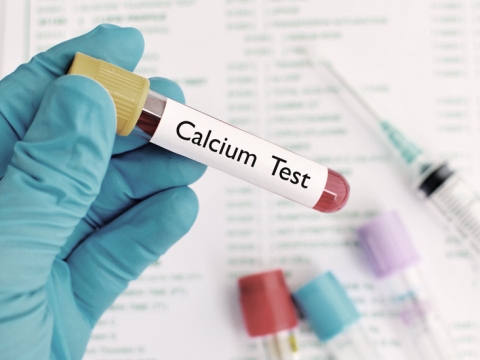Calcium is an essential mineral that promotes strength to teeth and bones. It also provides optimal support to heart health, nervous system and muscles. Alike low calcium level, excessive calcium level is not good at all. It is a prominent aspect of the emergence of many health complications.
These are the five most severe effects of excessive calcium, which need to be treated as soon as possible.
1. Hypercalcemia
If you are suffering from high calcium level in your blood, then you are more prone to hypercalcemia. Parathyroid glands control the level of calcium in the blood. These tiny glands commence secreting the hormone if it finds demanding of calcium. This hormone regularizes,
• The kidneys for excreting low amount of calcium through urination
• The bones to release some amount of calcium in the blood
Furthermore, some underlying conditions promote the parathyroid glands that lead to disruption of the calcium level causing hypercalcemia. It impedes numerous functions of the internal organs and is associated health problems like abnormal brain and heart function, kidney stones and poor bone health. With time, it can be life threatening too.
2. Hyperparathyroidism
The thyroid gland is guarded by the tiny parathyroid gland. Regularizing the phosphorous and calcium level in the blood is the responsibility of this gland. Moreover, at a certain point of time, this gland releases the parathyroid hormone that assists the calcium to remain in the blood. As a result, the food rich in calcium accumulates in the blood contributes to raising its level day-by-day.
After a few days, you will experience some internal disturbing reaction, which is caused by the bones when they try to absorb some amount of calcium from the blood. This is called hyperparathyroidism because the calcium level in your body depletes where it is required most. It widely attacks the elderly, postmenopausal and postpartum women.
3. Soft tissue problem
Accumulation of high amount of calcium is the main cause of the hardening and calcifying of the soft tissues. Gradually, this will lead to impair the function of the kidney, which results in kidney failure.
4. Digestive problem
If you are a frequent sufferer of constipation, then you must know that this can be the result of a high level of calcium in your blood. Most of the people consider this digestive issue, but ideally, it is the problem of misbalance of essential minerals in the body.
Moreover, several other problems like vomiting, diarrhea, nausea, and abdominal pain will occur frequently.
5. Kidney problems
It is quite obvious that extra calcium is harmful to kidneys because it creates adverse effects on this pair of crucial internal organs. Accumulation of blood in the kidney affects its health and deteriorates its functioning ability. Moreover, an excessive amount of calcium in the blood retains for a long period of time increases the chance of occurrence of kidney stones, which are actually tiny molds of calcium.
For more information, call us at: 03340277777 / 8017770323 or email us at: enquiry@newwpsite.tribecacare.com.
Visit our page at: www.tribecacare.com.

